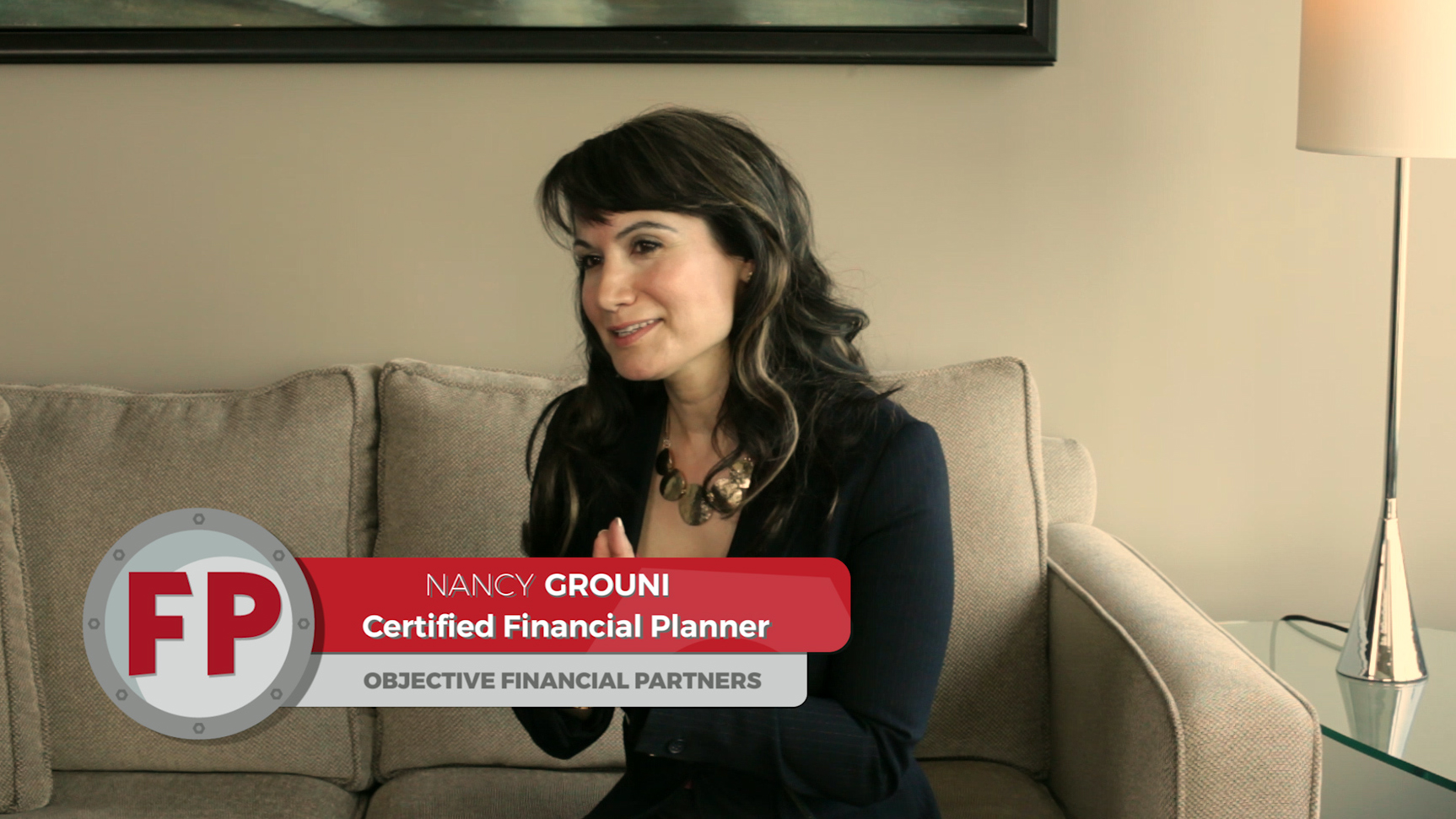Income properties may seem like a simple way to grow your wealth, and while they can be a profitable investment, experts say there’s a lot more work involved in buying and running rental units than would-be landlords tend to realize.
“It’s a way of supplementing your income, investing your money and doing something different than just holding it in the bank or putting it in stocks, which could be a little bit more volatile,” said Albert Bolter, a president and broker with Colliers International in Toronto who leases commercial real estate and also holds his own rental properties.
“But it also takes a particular type of person (and) there are things you have to consider when you get involved.”
When it comes to the property itself, whether it’s a residential home or a building with multiple units, one of the most important considerations is whether the building itself is a good investment.
That means not only choosing a property you think will appreciate in value over time, but also one people will want to live in because it’s close to public transit, located in a safe and attractive area and in good condition.
To determine what kind of return you’ll get from your investment for a single home, you need to deduct the rental income you get from all your expenses (such as repairs, property taxes, insurance and utilities) as well as your mortgage costs.
For a multi-unit building, you need to look at the property’s capitalization rate, said Patrick Morris, the leader of the Morris Home Team and a broker with Royal LePage Performance Realty in Ottawa.
To figure out your yield, he said, you do some simple math: net operating income (gross income minus expenses) divided by the potential purchase price.
“Anytime you can get a capitalization rate between 4 and 5 per cent that’s very, very good,” Morris said.
You also need to think about whether you’re ready to take on the responsibility of becoming a landlord and finding the right tenants.
But before you even get that far, it’s important to ensure that buying an income property makes financial sense, said Melanie McLister, lead mortgage partner at intelliMortgage Inc. in Toronto.
While a few years ago you could buy a rental property with as little as zero per cent down, mortgage lenders now require buyers to put 20 per cent down when purchasing a property, typically with a 25-year amortization period, she said.
They must also pass the stress test brought in by Office of the Superintendent of Financial Institutions in January 2018 to protect homeowners from purchasing properties they can’t really afford.
That means buyers now have to qualify at the Bank of Canada posted rate or at 2 per cent over the contract rate, whichever is greater.
Under the new rules, you’re typically going to pay anywhere from 0.15 to 0.25 basis points extra to buy a rental property versus one that’s owner-occupied, McLister added.
“It is becoming more challenging to purchase a rental property than it was even five years ago,” she said. “They’re looking at it as, if you want to buy an investment property it’s a privilege, it’s not a right.”
While running the numbers and picking the right properties should help your chances, there’s no guarantee that investing in an income property will give you the return you want.
In cities like Toronto and Vancouver, where real estate prices are high, it’s often hard to make a monthly profit off rent. There’s also the risk that the market will cool and you won’t make as high a profit if you sell.
That’s why it’s important to make sure you do your research and think about the practical, financial and personal implications of buying an income property to make sure you understand what you’re signing up for.
“The more organized you are, the better chance you have at finding the right property and getting great financing,” McLister said.
“That will help you cashflow better – and feel more comfortable with your purchase (overall).”





